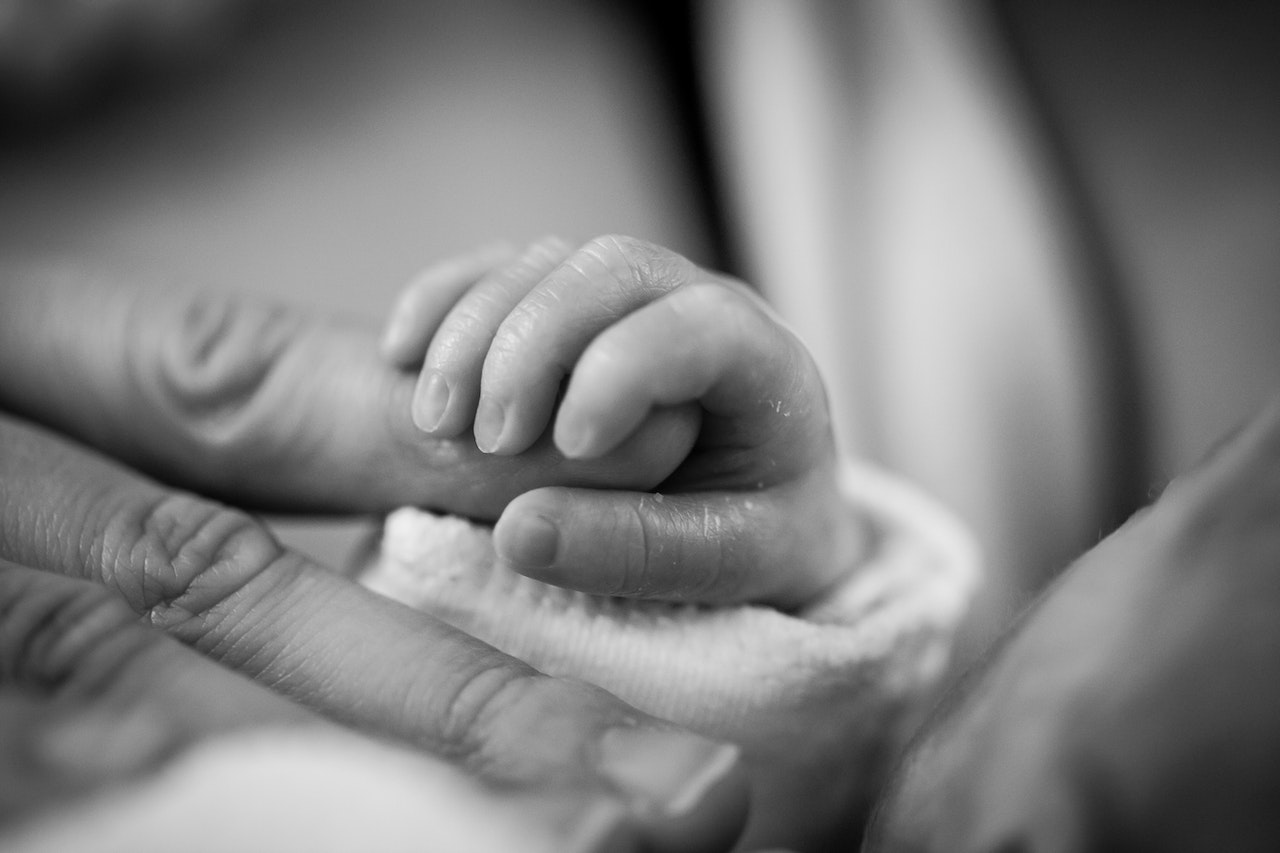
The Centers for Disease Control and Prevention ?CDC, for its acronym in English? are recommending, starting this fall, to help protect all babies younger than 8 months and some older ones at higher risk of severe illness, the respiratory syncytial virus (RSV) vaccine. ?.
CDC Director Mandy Cohen adopted the recommendation of the Advisory Committee on Immunization Practices ?ACIP? for the use of nirsevimab, brand name BeyfortusTM, a long-acting monoclonal antibody product, which has been shown to reduce the risk of hospitalization and health care visits due to RSV in infants by approximately 80 percent .
Antibodies are part of our immune system and help us fight infections. However, monoclonal antibodies are man-made proteins that mimic the antibodies our bodies produce naturally.
Making this vaccine available means babies will be able to receive antibodies to prevent severe RSV disease, providing a crucial tool to protect against a virus that is the leading cause of hospitalization among babies in the US.
RSV is one of the most common causes of childhood respiratory illness, causing annual outbreaks in all age groups.
An estimated 58 to 80,000 children under the age of 5, most of them infants, are hospitalized nationwide each year for RSV infection, with some requiring oxygen, intravenous fluids, or mechanical ventilation—a machine that help with breathing?
Each year, an estimated 100 to 300 children under the age of 5 die from RSV.
"This new RSV vaccine provides parents with a powerful tool to protect their children against the threat," said Dr. Cohen. "RSV is the leading cause of hospitalizations for the youngest and oldest babies at greatest risk, and today we have taken an important step to make this life-saving product available," he added.
The CDC recommends one dose of nirsevimab for all infants younger than 8 months, born during ?or undergoing? their first RSV season, and for a small group of children 8 to 19 months of age who are at increased risk of severe RSV disease, such as children who are severely immunosuppressed, a dose in their second season is recommended.
Nirsevimab, which was approved last month by the US Food and Drug Administration "FDA," is given as an injection and provides infants and young children with antibodies to protect against severe RSV disease.
The CDC noted that nirsevimab is scheduled to be available this fall. Expectant parents and parents of babies younger than 8 months, as well as those with older babies, should talk to health care providers and ask for this extra layer of protection against RSV this season. .
"As we approach respiratory virus season this fall, is it important to use these newly available tools to help prevent severe RSV illness?" Cohen said. "I encourage parents of babies to talk to their pediatricians about this new vaccine and the importance of preventing severe RSV," she said.
You may be interested in: Variant EG.5 worries doctors about the increase in COVID cases


